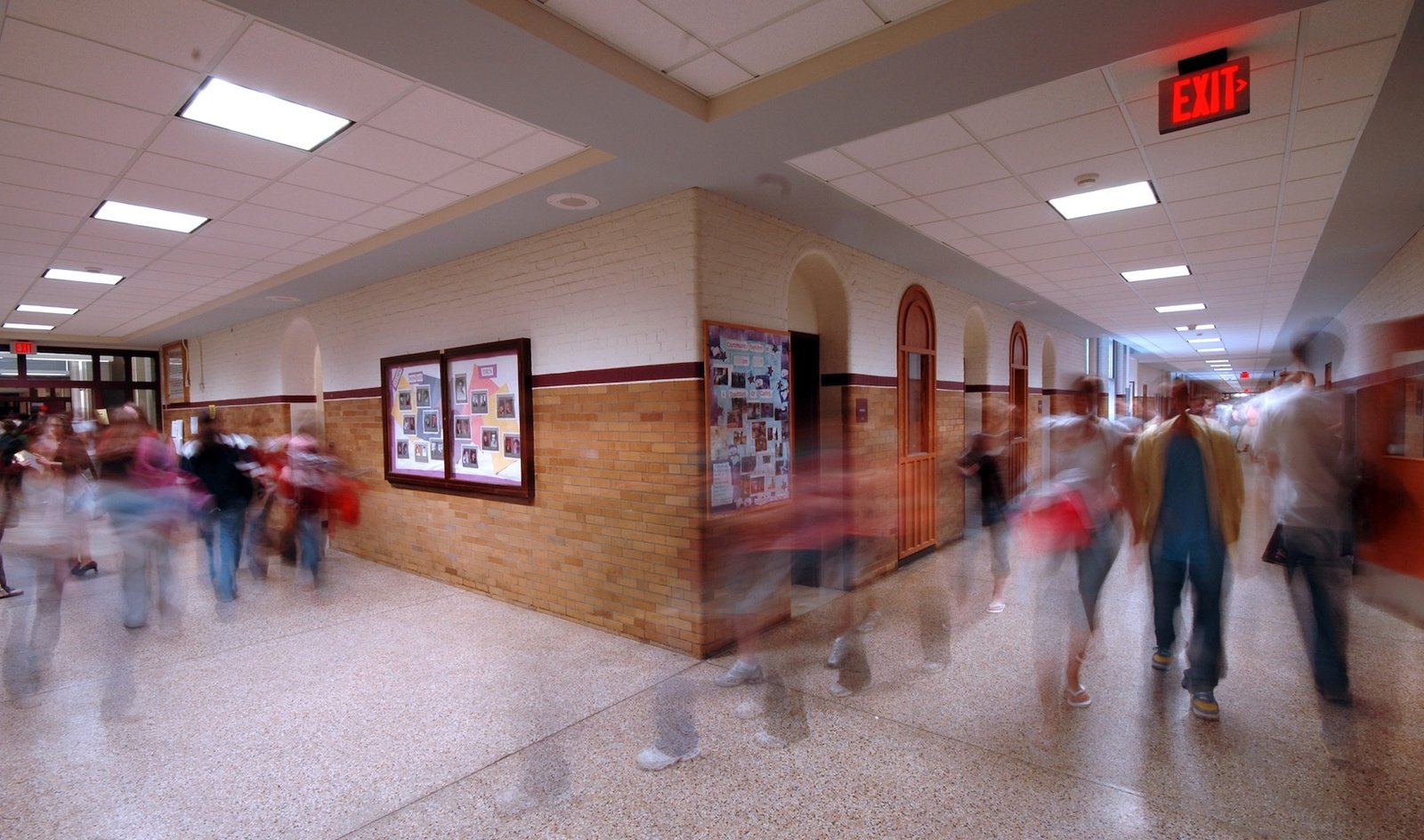Delaware lawmakers argue that a stifling, blanket approach to student mental health is cutting into instruction and classroom productivity.
Republican state Sen. Eric Buckson, R-Dover, argued at a Statewide Student Conduct and School Climate Task Force meeting Monday that students “don’t need fancy stuff. They don’t need interventions. They don’t need couches. They don’t need experts. They just need to understand that the responsibility is being put back into the system and that they can do their own job.”
Earlier this year, Buckson similarly caused controversy when he clashed with state Senate Majority Leader Brian Townsend, D-Newark, over school discipline issues. Buckson had sought to create a Classroom Behavior and School Discipline Task Force that would focus on improving the learning environment by keeping troublesome students out of the classroom.
Townsend opposed that strategy and presented his own task force proposal, which would have included removing the word “discipline” from the team’s name and other changes.
Despite the Delaware Department of Education’s request for $30 million in funding for mental health services in 2023, rates of inappropriate behavior, including lack of emotional regulation (the inability to express emotions in appropriate situations) and aggression toward teachers and peers, continue to increase among students in the state’s public schools.
From the perspective of conservative lawmakers like Buckson, mental health interventions should be focused on individual students who demonstrate a need, rather than on problematic behavior and its impact on entire classrooms.
“Mental illness is real, mental health is real,” Buckson said. “Mental health is a good thing that we all have, but we see it as some kind of stranglehold on education, and that strain is causing the system to collapse.”
But Delaware lawmakers are increasingly investing in sporadic strategies.
The state House of Representatives passed a bill in May that would expand funding for mental health services in high schools and allow for reimbursement for school employees who earn professional certification in mental health fields.
“Most of these kids come from loving homes,” Buckson summarized. “Most of these kids have a social framework. It’s the ones who don’t that we need to pay special attention to.”
“But the whole [class] “If we say every child must be raised by a classroom teacher, classroom teachers will not be able to effectively teach math and science, and they will not be able to address kids who need help.”
In the post-COVID-19 era of education, discussions about young people’s mental health are at a fever pitch as educators leave the profession in droves due to worsening student misbehavior.
“The number of mental health professionals has doubled, while the costs of pursuing ideal mental health have skyrocketed,” writes Andrew Spencer of the Gospel Coalition in a review of journalist Abigail Shrier’s new book. Bad Therapy: Why Children Don’t Grow Up.
“Ideas for informal treatments like self-care, mental health days, and emotion check-ins have become standard language of conversation. But the expansion of formal and informal treatments has not significantly improved the general mental health of teenagers in particular.”

